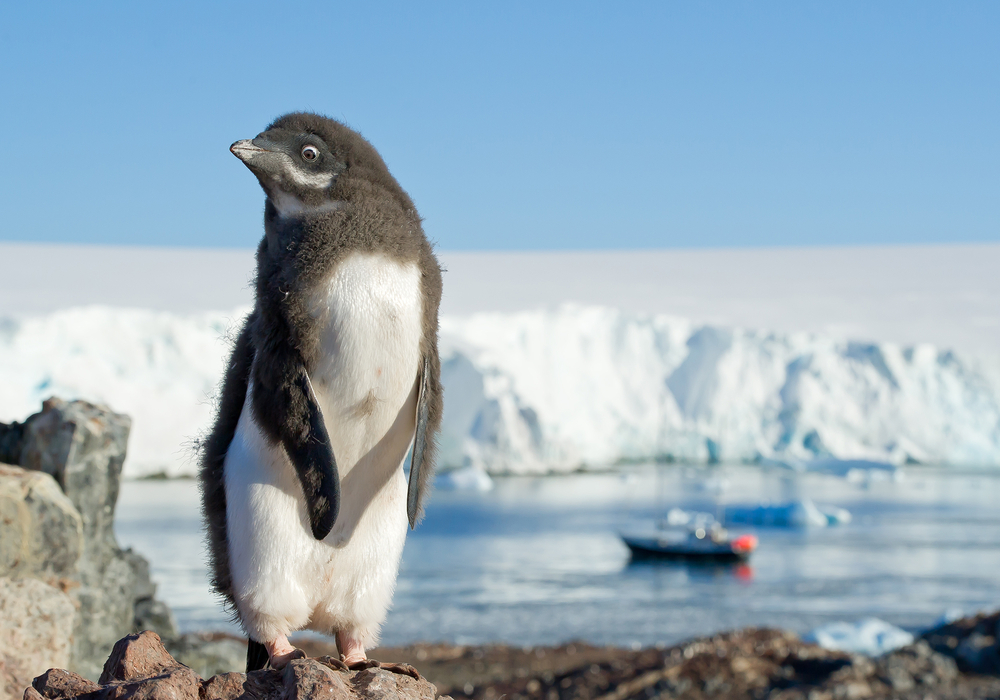
Yesterday saw the launch of a new phase of Oxford University’s PenguinWatch, an ambitious project that began in 2014 and is aimed at recording the fortunes and monitoring the activities of Antarctica’s penguin colonies. However, for ‘PenguinWatch 2.0‘ to work properly, the British scientists need your help.
By collaborating with a penguin census that has been conducted by US organisation Oceanites since 1994, PenguinWatch has already demonstrated a clear link between human-influenced climate change and a decline in Chinstrap and Adelie penguins on the Antarctic Peninsula.
More than 75 cameras have now been set up at strategic spots all over Antarctica and across the sub-Antarctic islands, all angled to peer into the lives of the cold continent’s feathered inhabitants. Each camera is programmed to snap a picture every hour, throughout the course of the year, but the scale of the project has now expanded to the point where researchers are overwhelmed with data and have more penguin portraits and action shots than they can possibly waddle through.
And that’s where you come in.
In what has the potential to become the biggest citizen scientist project on the planet, Oxford Uni are looking to recruit interested individuals and groups to help them process the images recorded by the cameras, and play their part in efforts to monitor and conserve Antarctica’s penguins colonies. Researchers have promised that the penguin-spotters who get involved will be able to see the results of their online efforts straight away.

Dr Tom Hart, lead researcher on the project, is looking for school groups to adopt their own penguin colony, with kids given the capability of monitoring the birds’ progress while ‘learning about Antarctica along the way’.
‘We can’t do this work on our own,’ said Dr Hart. ‘And every penguin that people click on and count on the website—that’s all information that tells us what’s happening at each nest, and what’s happening over time.’
The initiate is part of the Zooniverse—a collection of web-based citizen science projects that use the collective efforts of thousands of volunteers to help researchers collate and analyse immense amounts of data that modern technology allows them to harvest, from gazing at photos of stars taken by the Spitzer Space Telescope and hunting for new planets, to penguin-spotting at the extremity of the Earth. At the moment, 24930 people are participating in research that could change how humans see life, the universe and everything. Fancy being the 24931st member of the team? Check out all the live projects here.
